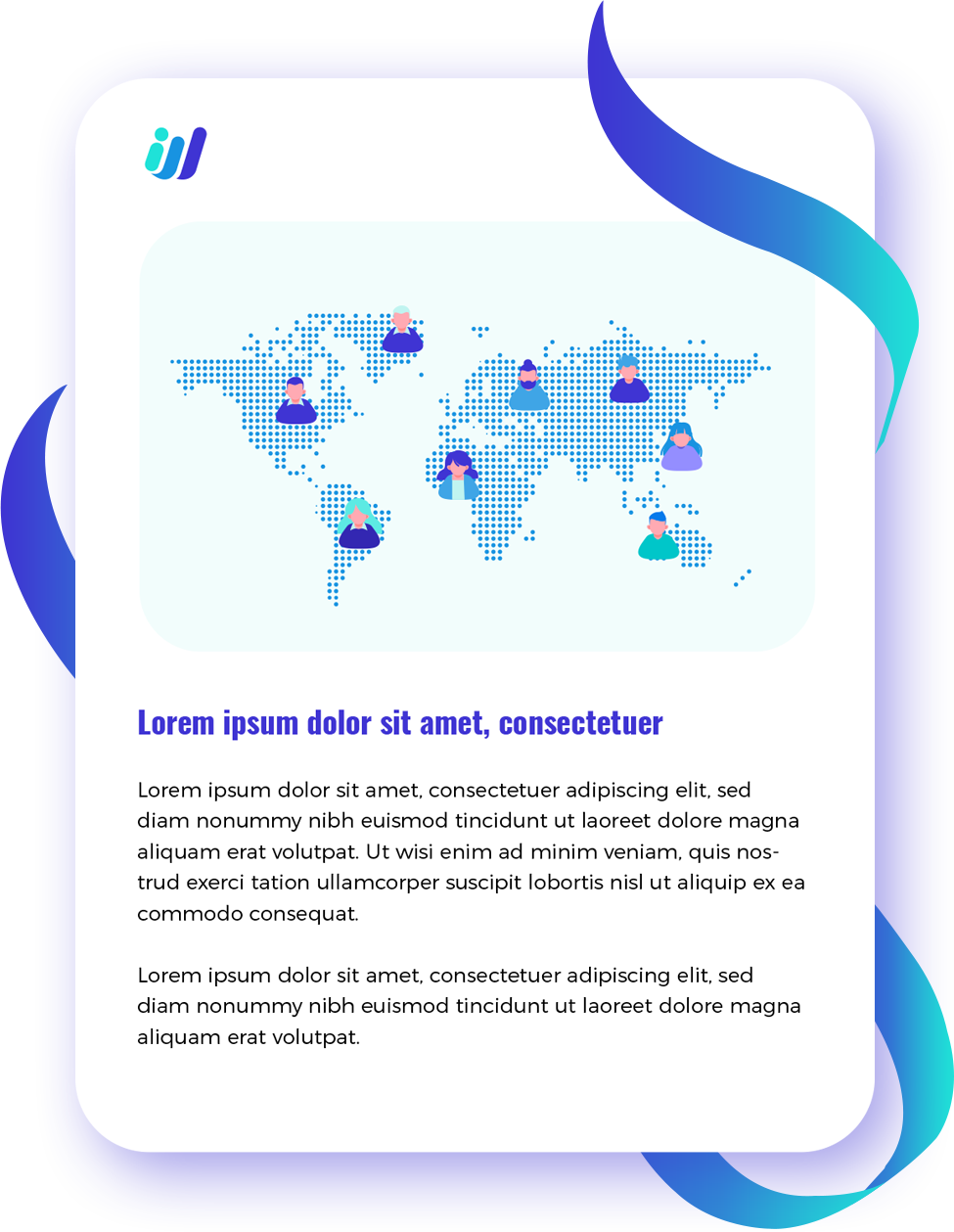Outsourcing is a good way to grow your business without having to take on additional risk. However, it’s important to understand that there will always be some form of political risk involved when venturing into another country’s economy.
Political risk is the risk an investor takes on in possibly losing money in businesses that are affected by the social, economic and political conditions of a certain country. For example, if you invest in a business in China and it becomes more difficult for foreign investors to do business there, then your investment will lose value. This is because the government may change its policies and regulations which could affect your business negatively or even result in bankruptcy.
When political risk occurs, the probability of lower returns on investment increases.
Political risk is a risk that occurs in a country, which can result in negative consequences for an investor. There are many types of political risks including:
- Governmental Changes and Shifts – this maybe a change in government or laws that negatively affect the transaction or project being conducted.
- Changes to the Law – for example, if you’re planning on investing money into a real estate development, then it’s possible for there to be new regulations that may prohibit you from doing so (this would also apply if you were trying to open a brick-and-mortar business). This would have an adverse impact on your business plan because now there would be too many obstacles before starting off properly with your company’s operations.
The economic environment has a high degree of uncertainty, which puts investors at risk of losing their capital. With political environments becoming increasingly unstable, it is not surprising that investors are starting to lose faith in the potential for business success overseas. The main reason for this is that there are several factors at play when it comes to investing in businesses abroad:
- Economic conditions and political developments can affect your investments directly (e.g., currency fluctuations) or indirectly (e.g., higher tariffs).
- The legal framework differs from country to country, which could lead to new costs associated with compliance with local laws or regulations governing intellectual property rights.
Political risk can affect the outcome of a transaction or project in a negative way. For example, if your organization is involved with an international project and you decide to outsource some of the work, your company may have to follow different regulations than before. You may also feel pressure from competitors because they want to take advantage of this opportunity as well.
Political risks are not just limited to government actions; they also include internal issues such as employee strikes and labor disputes. If one member of your staff decides that he/she wants more money or better benefits than what has been offered by management then he/she could strike without any warning at all. This would cause disruption for everyone involved but especially customers who depend on timely deliveries from suppliers.
There are three main types of geopolitical risks: sudden changes in foreign laws, regulations, and rulings; non-economic issues; and civil disturbance. Political risk can be caused by several factors. For instance, political risk arises when there is a change in government or leadership that may cause business operations to be affected negatively. This could include the seizure of company assets or property due to corruption charges against its managers or executives. A country’s economy can also affect your business because it affects how much money you make—or lose—in terms of profits or losses from sales revenue. Civil disturbance refers to any public uprising which disrupts normal business operations and can be dangerous for employees working abroad in unfamiliar areas with little knowledge about specific cultural traditions or language barriers. While political risk is common, civil disturbances are relatively rare. However, they can have a negative impact on your company’s bottom line if you don’t mitigate the risks posed by these disruptions.
Foreign laws, regulations and rulings are subject to change without warning and without notice. There is no guarantee that the same laws will be in place in five years as they are today. This can cause a project to fail if you don’t have the resources available for changes in your programming language or platform. It also may cause a project to succeed if you do have these resources, but it’s not certain that all of them will be available when needed at any given time during development (or even after completion). And even if everything goes according to plan, there’s always an element of risk involved—the possibility that something unforeseen results from using outsourced services from another country!
Outsourcing is not risk-free, but it can be made more secure by taking the following steps:
- Identify what the business needs to do in order to mitigate political risks. This will help you understand how to manage them and make sure that they don’t negatively affect your business operations.
- Ensure that you have a strong understanding of the political environment in which your outsourcing arrangement takes place so that you can anticipate any potential problems or conflicts before they arise.
In Summary
Political risks can affect the outcome of a transaction or project in a negative way by causing delays and/or cancellation, which may result in losses for both parties involved if it happens too often.
We have seen that political risk can affect the outcome of any transaction or project. There are three main types of geopolitical risks: sudden changes in foreign laws, regulations, and rulings; non-economic issues; and civil disturbance. Foreign laws, regulations and rulings are subject to change without warning and without notice. A non-economic issue is any event that may trigger outside influences to a particular business arrangement. An example includes protests or demonstrations organized by local people which makes it difficult to continue business as usual.
While political risks will always exist, we believe it’s still worthwhile to outsource as the benefits greatly outweigh the risks. When done right, outsourcing sparks startup success, increases the chance for thriving, and clears the path toward sustainable and guaranteed growth. Let us help you find top talents in IT, technical support, digital marketing, and cloud services so you can leverage all the benefits of outsourcing in the new normal. Request a FREE copy of the e-book on Third Wave Outsourcing.



